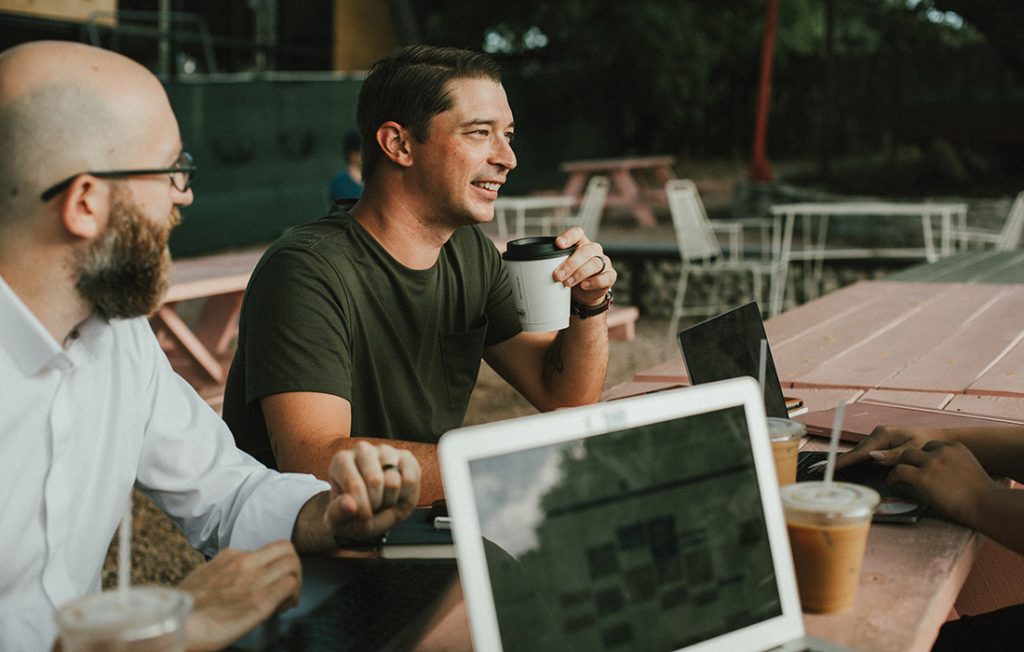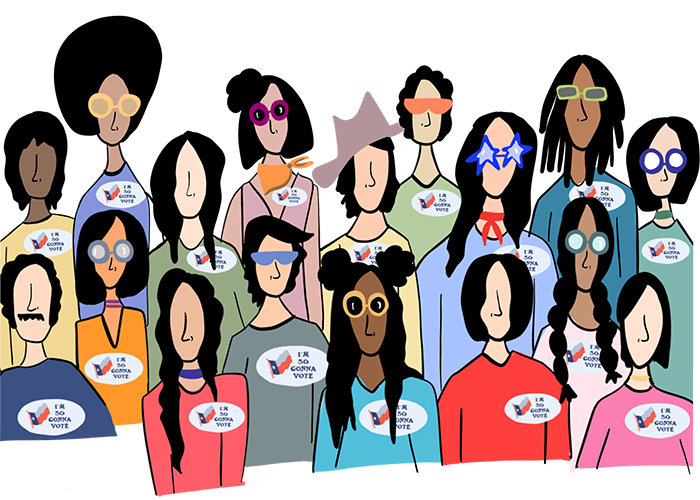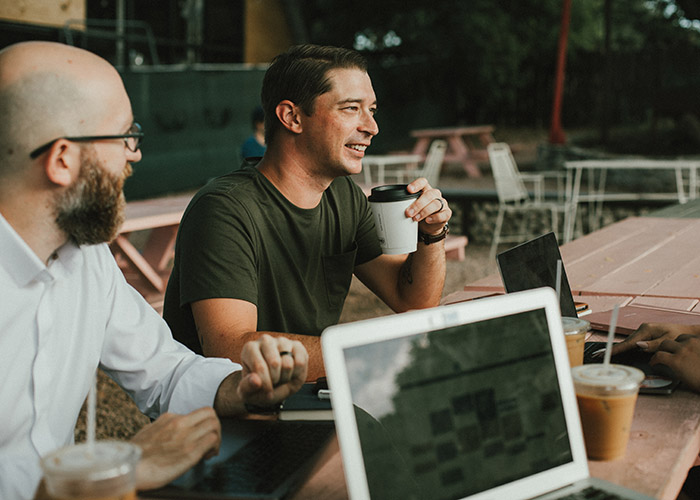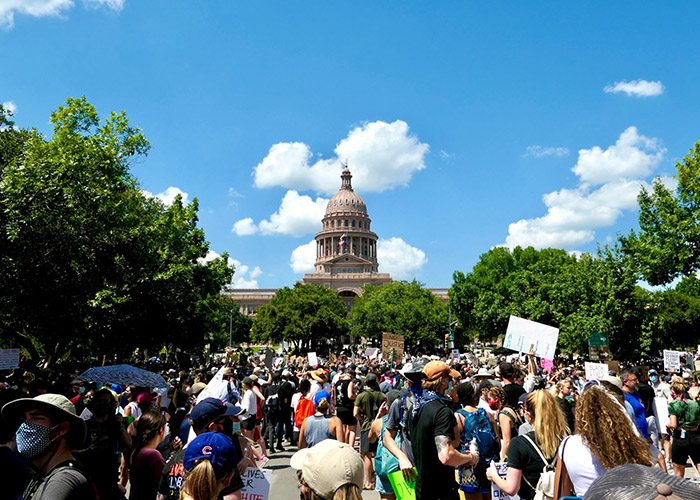Texas Elections: Polling Place Worker Discusses Civics, Politics and Voting
Nathan Ryan shares an insider’s view of civics, politics and election integrity

Before last week’s Texas state primary runoff, I hadn’t stepped inside a high school gym for years. In fact, I actively avoided the gym in high school unless my band was playing in a talent show. Yet there I was at 6:04 a.m., setting up folding tables and new electronic voting stations with five other Austinites at O. Henry Middle School gym.
Since it was my first time working the polls, I stayed up late the night before watching the Travis County election worker training, nervous I would have to remember every single detail. There are so many rules dictating how election workers should conduct themselves, so many small steps to ensure the integrity of every vote.
Thankfully, a woman named Laurie was one of two judges at my polling location, and she had been doing this for years. Laurie expertly guided us through the entire process, training each of us on our script to welcome and check-in voters using the new machines. She stationed a few volunteers at the entrance and the rest of us inside the gym, letting us know we’d switch places every few hours, with breaks as needed.

RELATED: Nate Ryan Is One of Tribeza’s People of the Year
Since Texas didn’t expand the option for mail-in ballots, extra precautions were taken to ensure voters never stood too closely together at the in-person polling places. Blue tape on the gym floor marked where each voter should stand. Despite Governor Abbott’s state-wide mask mandate earlier this month, masks weren’t required to enter polling locations, but thankfully every poll worker wore one. Likewise, only one of 488 voters declined to wear theirs that day.
As I sat at the check-in table, I reflected about how we fundamentally misunderstand the difference between politics and civics. Civics is what we do as a society, politics are how we talk about what we do. While voting may be a political statement, it’s primarily a civic act: talking about candidates is politics, casting your vote to elect a candidate is civics.
Congressman John Lewis, the late Civil Rights leader who passed away last week just days after Texans cast their votes to close the primary, called voting a “sacred right.” So, while voting may strengthen a political party over time, the act of voting doesn’t make you a Republican or a Democrat – it makes you an American.

Having spent a lot of time in and around groups that are primarily trying to build up a political party, what struck me most about working a polling location was how different it felt from a traditional political gathering. Elections aren’t run by political operatives – in fact, politicians and party operatives are not allowed within 100 feet of a polling place. Voters and election workers alike aren’t allowed to wear merch supporting a certain political party, person or policy.
There was an electricity in the air at O. Henry, but not the kind of excitement that accompanies most political gatherings. Instead, there was a weight of responsibility: if we screw this up, somebody’s vote might not get counted. And just like due process and the right to a fair trial, it doesn’t matter who they voted for – whether I agree or disagree with their choice – every American is entitled to their sacred right to vote. Americans are responsible to other Americans to ensure that right is upheld.
That’s what I think will stick with me more than anything. I didn’t know any other volunteers at O. Henry Middle School that morning. We weren’t allowed to discuss our political preferences. So, as we spent the day processing lines of voters, we talked about our dogs, our families, our favorite restaurants and what we love about Austin. My conversations with voters were very quick, but similar.

This wasn’t politics. This was civics. These were neighbors being good neighbors, working with one another to make sure Austinites were able to easily, safely and securely exercise their right to vote.
America has a lot to work through right now, especially when it comes to our politics. We spend so much time trying to convert one another that we miss legitimate opportunities to get to know one another, work alongside each other and strengthen our bond as fellow Americans.
I’ll definitely be working the polls in November. If you’re concerned about the integrity or security of America’s elections, I’d highly recommend you sign up to work, too.
Nathan Ryan is the CEO of Blue Sky Partners, co-founder of GoodPolitics, and a City of Austin commissioner
